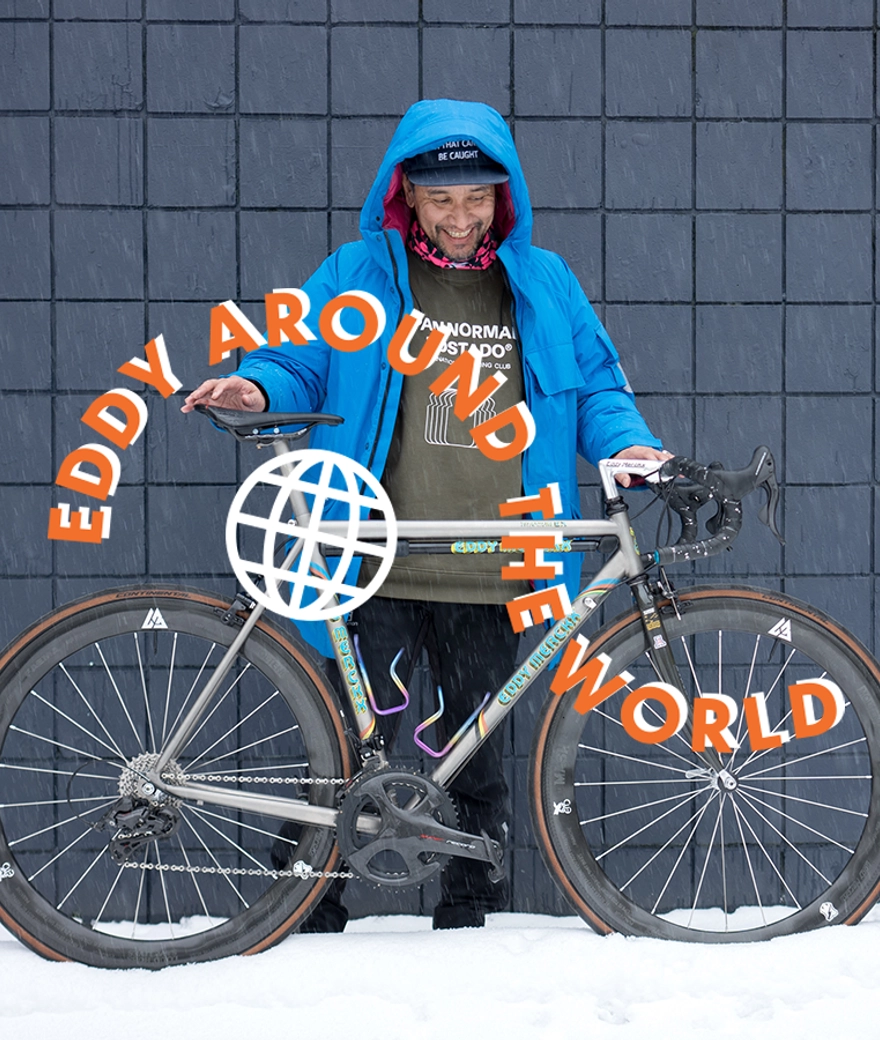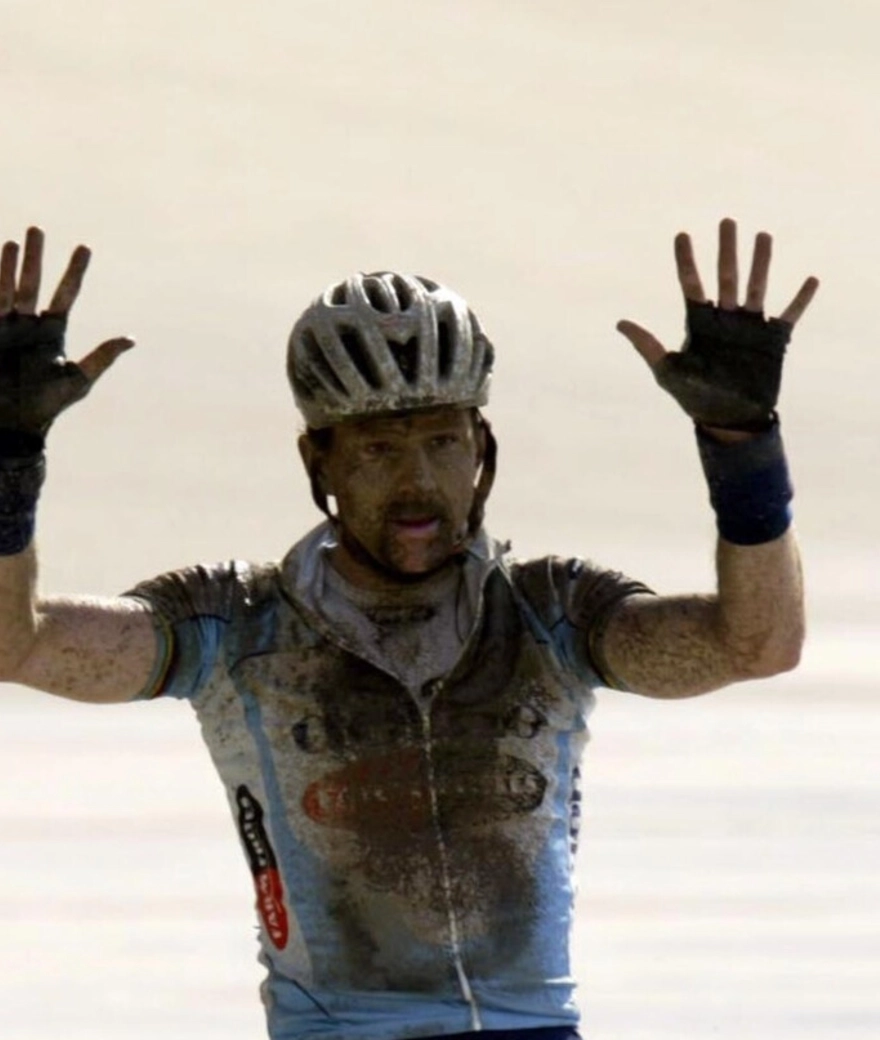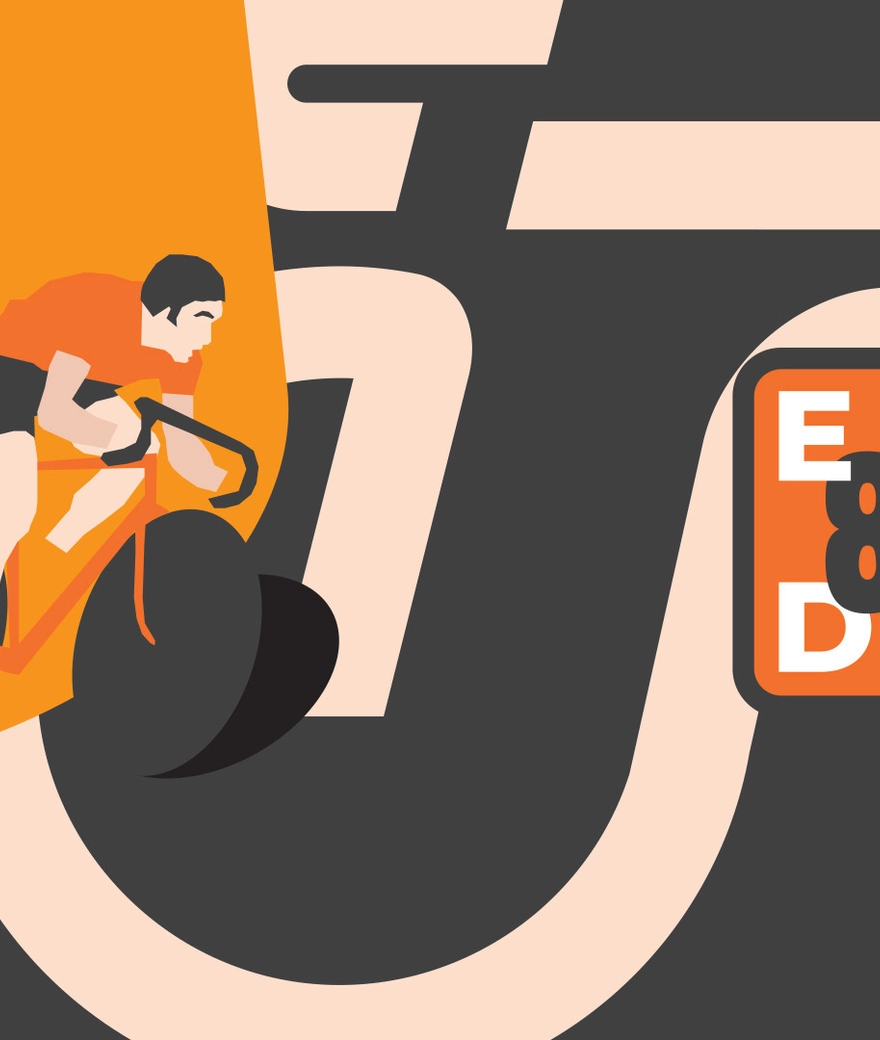Partial Paralysis Doesn't Keep Paralympian Tim Celen Off the Bike: "I Would Choose This Life Again"
Ambassador Tim Celen shines in Sporza report
For our paralympian, 2024 is a key year and this has not escaped Belgian sports channel ‘Sporza’. In a fascinating report, Digital Creative Bavo Mortier and former cyclist Bert De Backer go cycling with Tim and get to know a very special Eddy Merckx 525.
Read the entire article here



